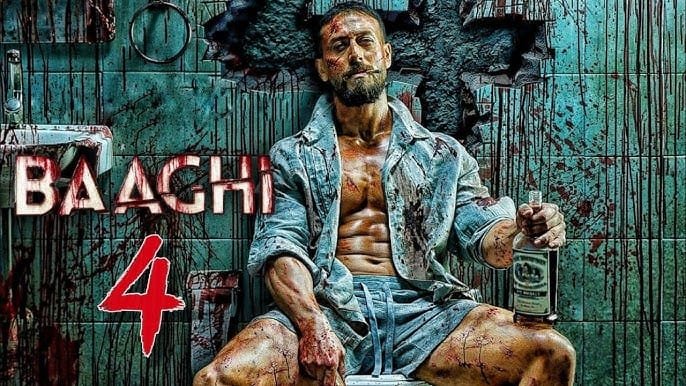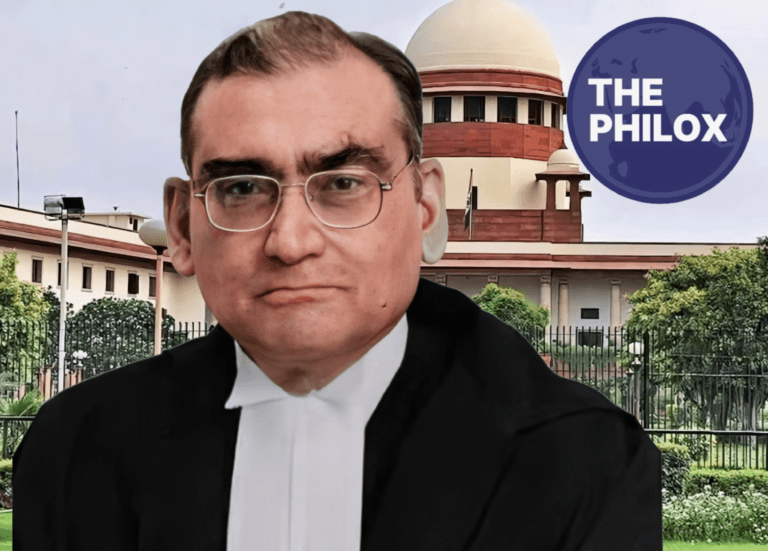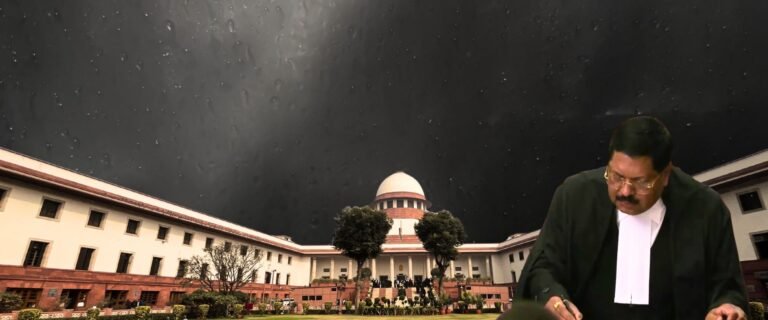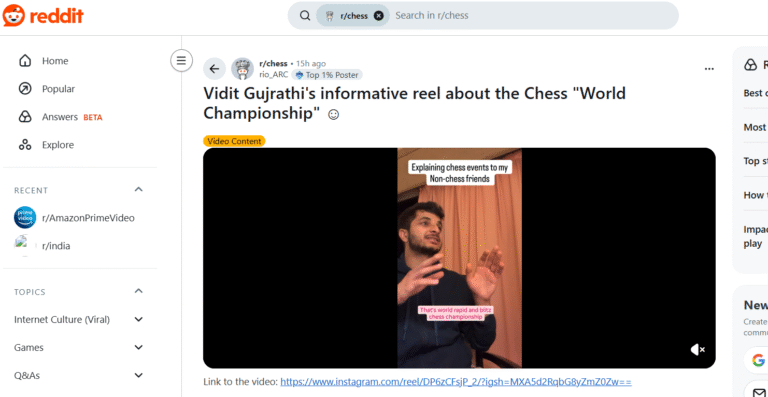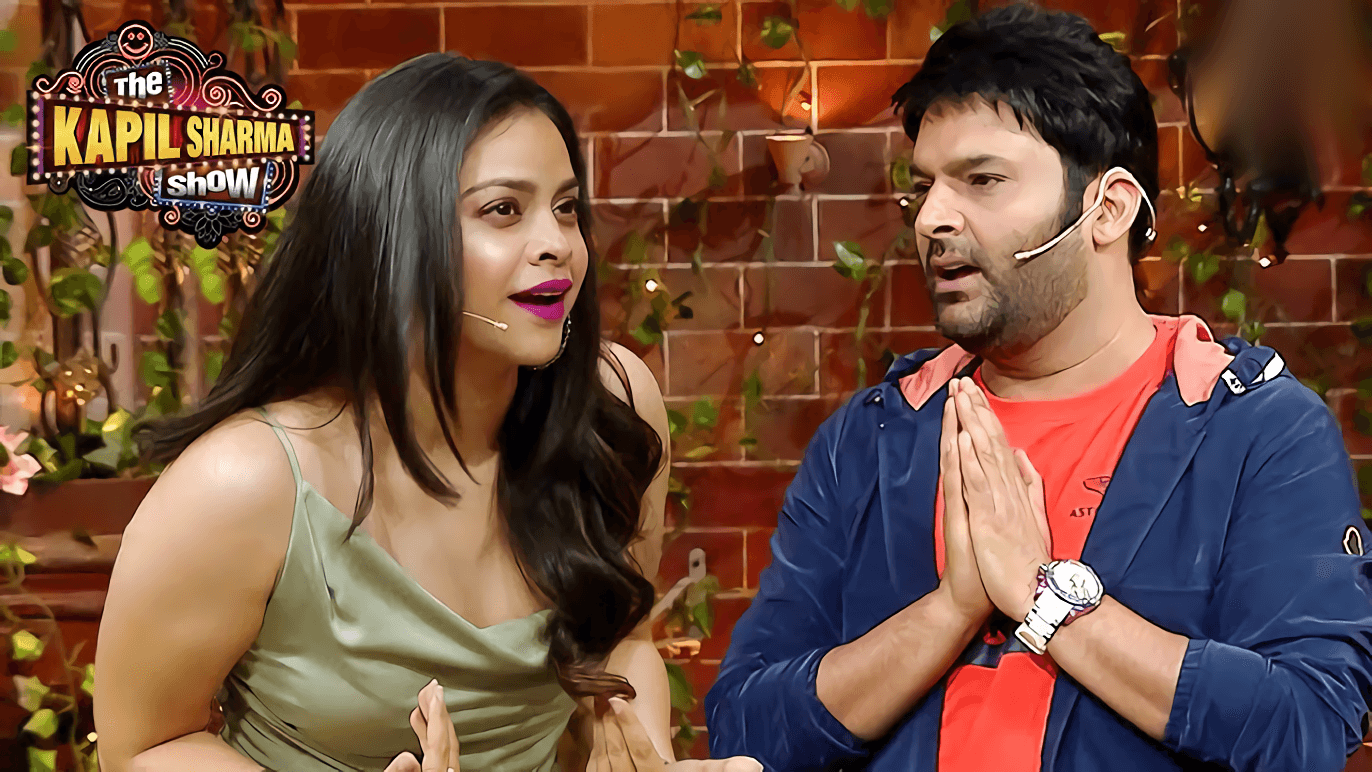
Kapil Sharma Feels Woke Culture Damaged His Comedy Career
Kapil Sharma, the very famous king of Indian comedy, has won millions of hearts by his quick wit and relatable humor.
From winning reality comedy shows to hosting one of the most loved television programs of India, his journey proves perseverance, talent, and hard work. However, Sharma is now faced with a landscape reshaped by ‘woke’ culture and social media scrutiny, which sources close to him say is unlike anything he has experienced before in his career.
Kapil Sharma: Born to Shine
Kapil Sharma’s story is one of resilience. Born on April 2, 1981, in Amritsar, Punjab, Sharma grew up in a modest household and took on various jobs to support his family. At one point, he worked at a local PCO booth, earning a mere ₹500 a month.
Despite these struggles, Sharma’s passion for comedy and performing arts never wavered.
His breakthrough came when he emerged victorious in the 2007 reality show “The Great Indian Laughter Challenge.
” The competition proved to be his stepping stone into television fame, ultimately leading to “Comedy Nights with Kapil” and then “The Kapil Sharma Show,” which are two of his biggest successes.
Over the years, Sharma had become a household name and an icon for his ability to make people laugh and connect with audiences of all ages.
The ‘Woke’ Culture and the Changing Face of Comedy
This ‘woke’ culture, where increased awareness over social issues like race, gender equality, and mental health is on the rise, has modified the entertainment sector globally.
While it has fostered positive conversations on these serious issues, it has also raised a hyper-sensitive environment-a very sensitive social media.
Hence, for a comedian like Kapil Sharma, this balance is a tightrope where every joke is critically analyzed for the possibility to offend.
According to sources close to Sharma, he feels this cultural shift has cramped his room for comedic expression.
His once carefree humor of his early days has made way for a more measured approach. Sharma is said to spend considerable time analyzing scripts to ensure that his jokes do not offend any segment of his audience, which has added significant mental pressure to his creative process.
The Deepika Padukone Depression Joke Controversy
A recent example that sums up the struggles of today’s comedians is an inappropriate joke done on some other platform. During an episode of “India’s Got Talent,” a contestant came up with a joke based on actress Deepika Padukone’s well-publicized battle with depression in connection with her motherhood.
Although the panel, comprising comedians Samay Raina and Tanmay Bhat, had initially laughed at the joke, the backlash on social media was swift and severe. Many criticized the joke for being insensitive and trivializing mental health issues, an area where society has made significant strides in raising awareness.
Kapil Sharma himself has faced similar challenges. In the past, he has been called out for jokes that were interpreted as offensive.
While Sharma’s humor often stems from everyday scenarios and playful banter, the current environment has made even harmless jokes potential triggers for online outrage.
The Social Media Effect: Amplifying Backlash
Social media has been a sword with two edges for entertainers. For instance, Twitter and Instagram have enabled celebrities to have direct contact with their audience, instant feedback, and promotion of their work.
On the other hand, they have also become breeding grounds for outrage and cancel culture. A single misstep can become a reason for widespread criticism and calls for boycotts.
For comedians like Kapil Sharma, this translates into a constant need to self-censor. A joke that might have been seen as harmless or funny a decade ago can now cause controversy.
Social media has ensured that even minor incidents are amplified, leading to disproportionate backlash. Sharma’s friends and colleagues have noted that this pressure has led him to second-guess his material, often revising scripts multiple times before taking them to the stage or screen.
The Mental Toll on Comedians
Beyond the creative constraints, the scrutiny from ‘woke’ culture and social media further tests the mental health. According to reports, the stress of not hurting someone’s feelings has been said to add on a lot of pressure for Kapil Sharma. And that is not something only Sharma is experiencing.
Internationally, comedians have all expressed how it takes an extra toll on them, adapting to the new level of sensitivities the audiences are demanding while maintaining the core of their comedic voices.
There have been various studies on the psychological condition of entertainers and the unique challenges that one faces in the public eye. A 2021 World Economic Forum survey has brought out that 54% of performers feel that their creativity is restrained by the fear of public backlash.
In a country like India, the societal norms and expectations being very deep-rooted, the figure would be higher for comedians.
Taming Humor and Sentiment
Comedy has always been about pushing boundaries and addressing societal issues in a way that provokes thought and laughter. However, the current climate demands a delicate balance between humor and sensitivity.
For Kapil Sharma, this means evolving his comedic style to align with the times while staying true to his roots.
Sources close to Sharma have revealed that he spends hours with his team brainstorming jokes and refining scripts to ensure they resonate with audiences without crossing any lines.
This meticulous process underscores the broader challenges faced by comedians who must now navigate a minefield of cultural sensitivities and public expectations.
The Global Perspective: Challenges Faced by Comedians Worldwide
Kapil Sharma is not alone in struggling with this issue. There have been various complaints from comedians all over the world that the ‘woke’ culture has harmed their craft.
In the case of a comedian like Dave Chappelle and Ricky Gervais, who has received widespread criticism for his stand-up routines, questions are raised regarding the freedom of speech that comedy has to ensure.
In a 2022 interview, Chappelle said that “comedy is meant to challenge the status quo.” This has been said by many people in the industry.
However, the line between challenging the status quo and offending audiences has become increasingly blurred. For comedians like Sharma, whose primary audience spans diverse cultural and social backgrounds, this line is even harder to navigate.
The Way Forward: Redefining Comedy in the Age of ‘Woke’
With the changing landscape of comedy, comedians like Kapil Sharma are finding ways to adapt.
While the constraints of ‘woke’ culture and social media scrutiny pose challenges, they also open opportunities for comedians to find new forms of humor that resonate with contemporary audiences.
This is reflected in Sharma’s journey. Amidst all these pressures, he remains the most beloved figure in Indian comedy and is known for his humor that reaches audiences’ hearts. Sharma is leading the path to a new generation where one can make jokes about anything with cultural sensitivity.
Kapil Sharma’s experience portrays the complex interaction between comedy, cultural sensitivities, and social media in the world today.
As much as the ‘woke’ culture has promoted awareness and inclusivity, it has brought some challenges to comedians to balance humor with responsibility.
For Sharma, it’s a journey that proves he’s resilient and committed to his craft, reminding us that comedy is about bringing people together in laughter, even during trying times.



